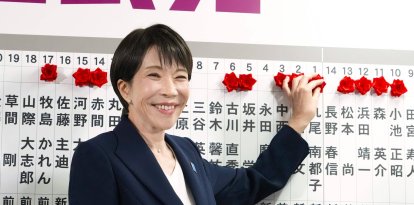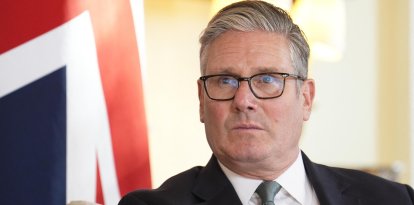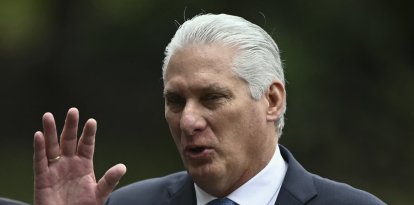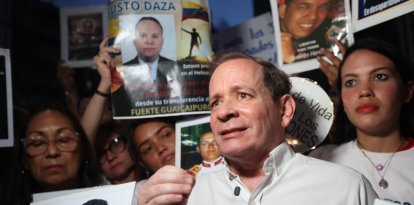The president of Bangladesh dissolves parliament after the prime minister resigns and flees
The student movement that started the protests and the opposition are calling for elections to be held after the resignation of Sheikh Hasina.
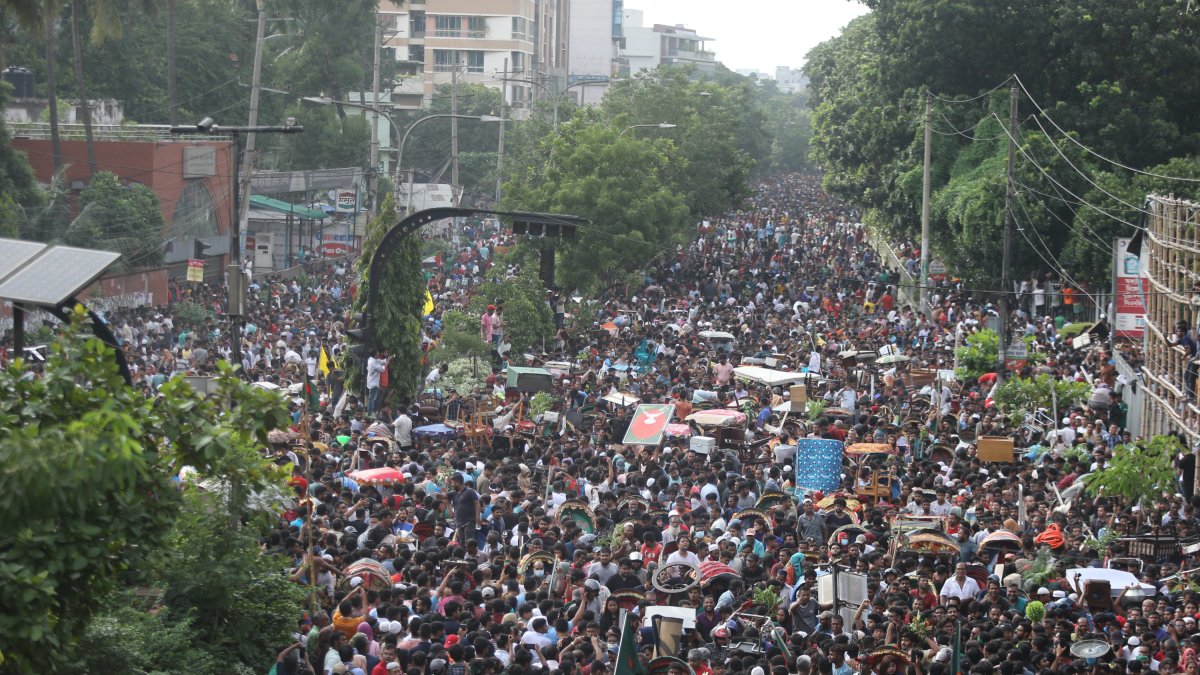
Protests in Bangladesh
Bangladesh President Mohamed Shahabuddin dissolved the nation's parliament on Tuesday, a key demand of the student mobilization that led to the resignation of the prime minister on Monday, Sheikh Hasina, who fled the Asian country.
"The president dissolved parliament," said Shiplu Zaman, a spokesman for the presidency, quoted in a statement.
The student movement, which drove the massive protests that have rocked the country since early July, had called for dissolving the legislature, as had the main opposition Bangladesh Nationalist Party (BNP).
Both are now calling for elections to be held within three months. On Tuesday one of the leaders of the main student movement called for Muhammad Yunus, a 2006 Nobel Peace Prize winner, to head the interim government.
The military took control of the country of 171 million people the day before after the prime minister resigned following more than a month of violent demonstrations.
The protests erupted over the reintroduction of a controversial quota system that reserved more than half of public jobs for certain population groups.
The demonstrations left at least 413 people dead, according to an AFP tally based on reports from police, authorities and doctors at hospitals, and ended with 76-year-old Hasina fleeing by helicopter, who had led this Muslim-majority country for 15 years.
Hasina was accused of using the state apparatus to cling to power. Her political foe, former prime minister and opposition leader Khaleda Zia, was released Tuesday after years of being on house arrest, the BNP spokesman said.
Zia, 78, had been sentenced in 2018 to 17 years of detainment for corruption.















